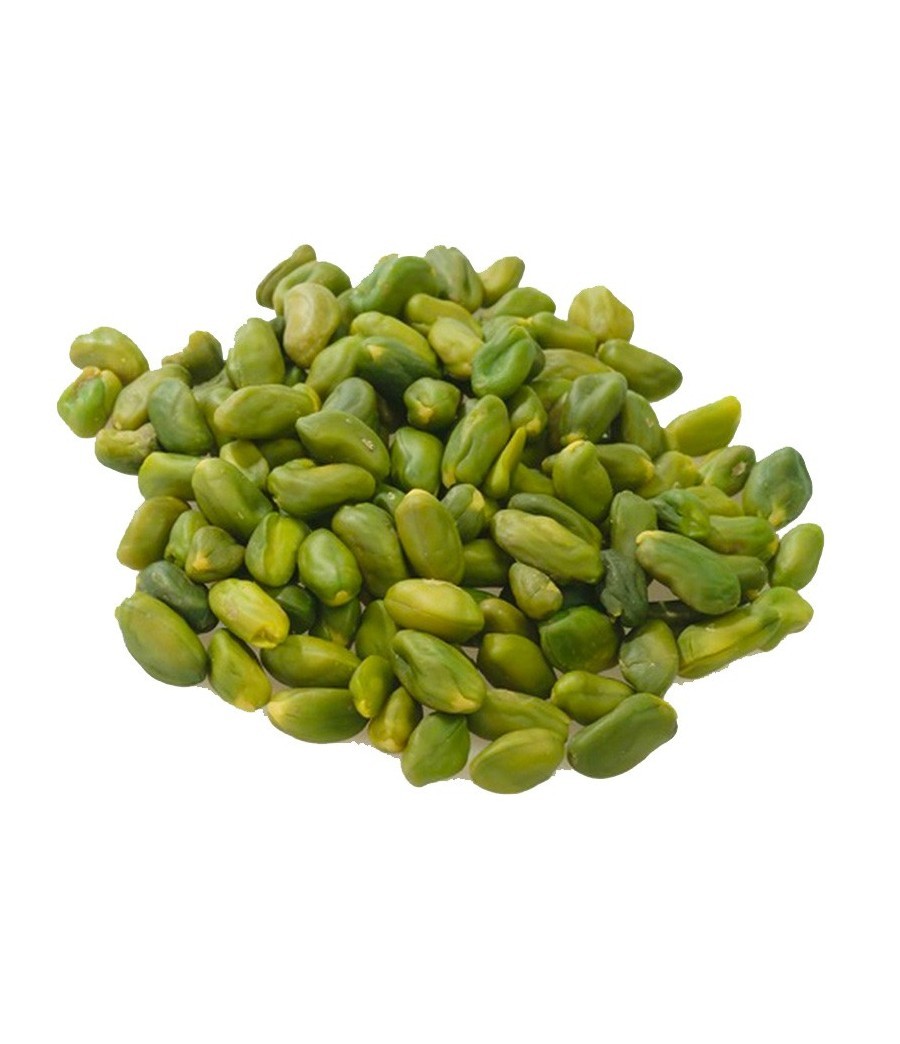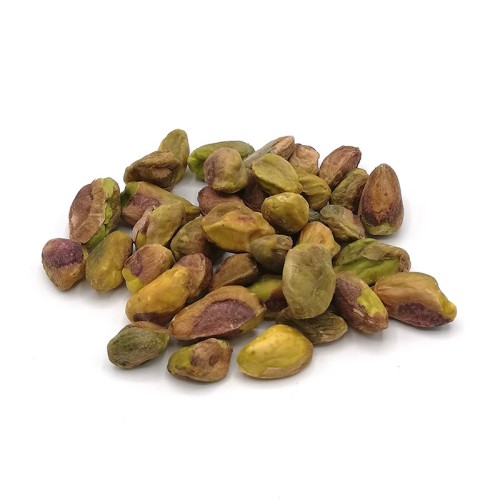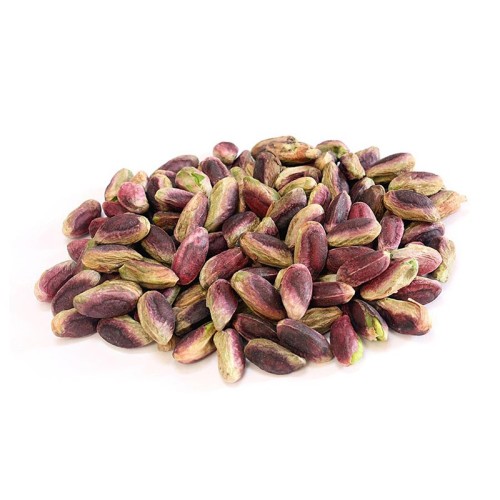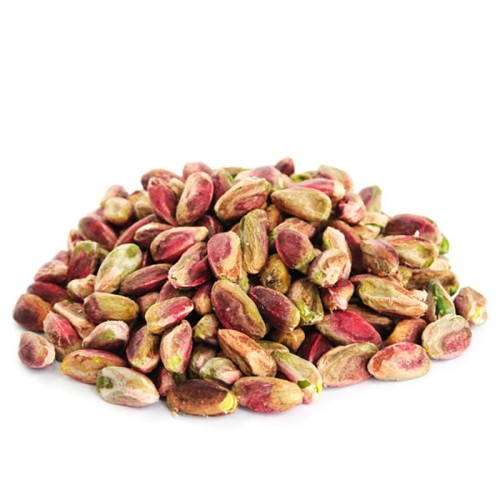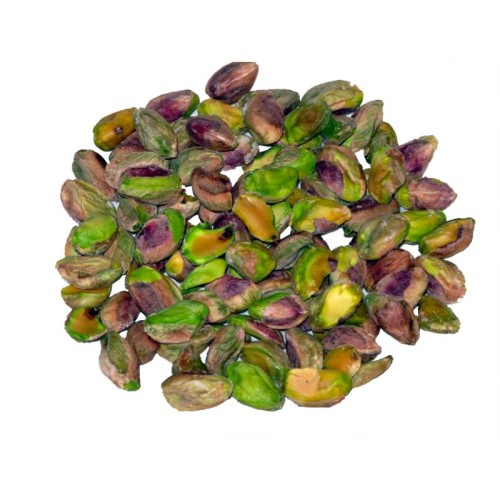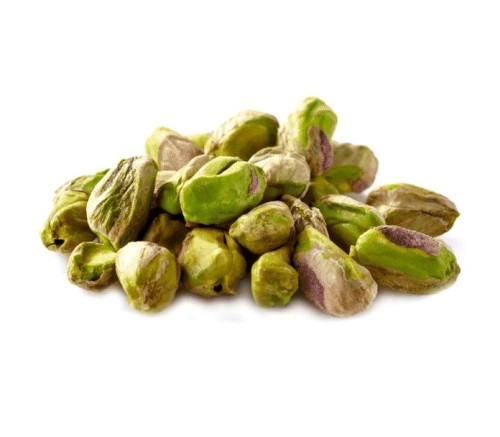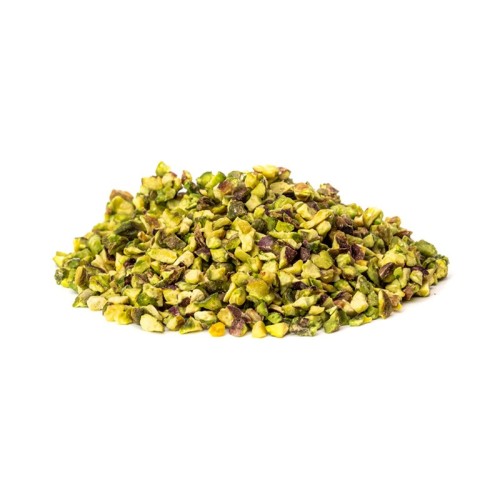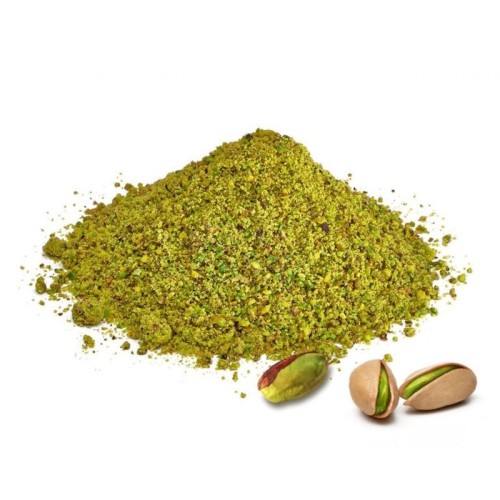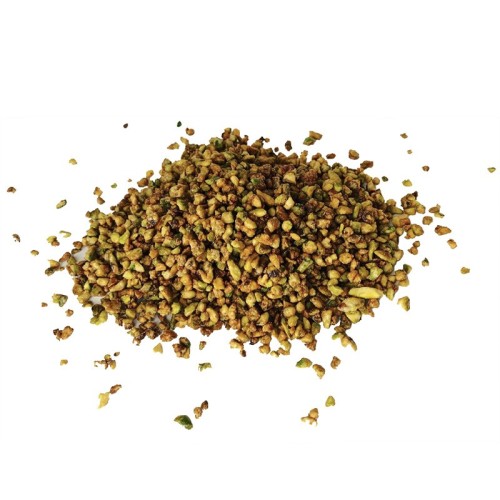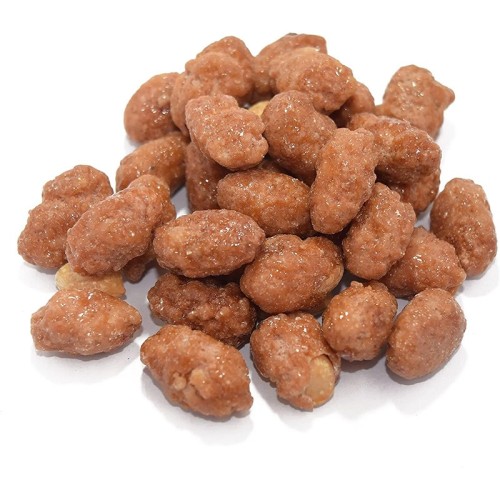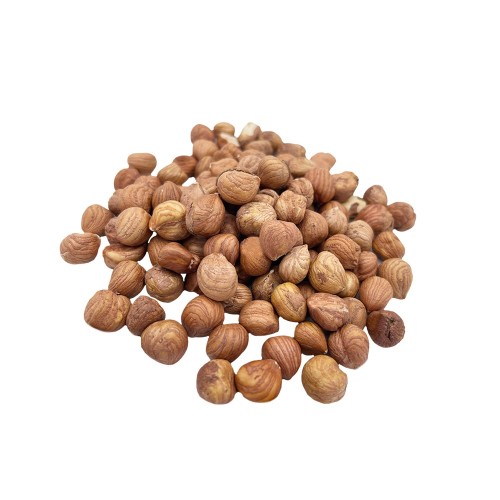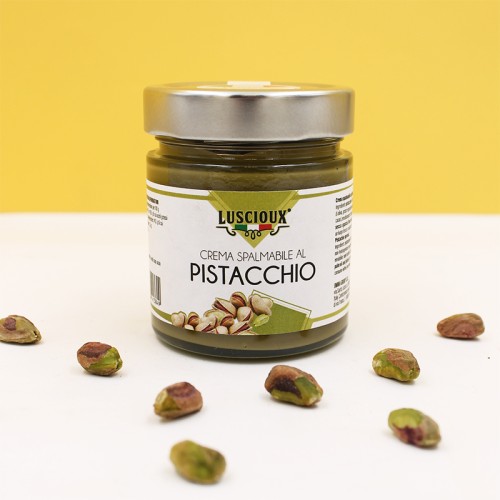First Choice Peeled Pistachio
(€47.60 Per Kg)
Discover our First Choice Shelled Pistachios, sourced from the finest crops in the USA and the Middle East. Known for their intense flavor and crisp texture, these pistachios are ideal for any culinary use, from pesto to desserts. Each pistachio is precisely shelled to ensure purity and convenience, making them perfect for chefs and gourmet food lovers. With a commitment to quality and sustainability, we offer a product that elevates every dish.
 Security policy
Security policy
Transparency and reliability - Encrypted information (SSL Certificate)
 Delivery policy
Delivery policy
Fast shipping with delivery in 1- 4 working days.
 Return policy
Return policy
24/7
Explore the distinctive taste of our First Choice Shelled Pistachios, carefully selected from the finest crops in the USA and the Middle East. These pistachios are renowned for their intense flavor and crisp texture, making them ideal for a wide range of culinary applications. Each pistachio is carefully shelled to ensure maximum purity and ease of use in the kitchen, for both savory dishes and desserts.
Perfect for enriching pesto, adding a special touch to your desserts, or as a refined garnish, our pistachios are the preferred choice of chefs and cooking enthusiasts seeking high-quality ingredients. We work with the best suppliers to ensure that each nut meets the high standards of freshness and quality that our customers expect.
With a constant commitment to sustainability and excellence, our First Choice Shelled Pistachios are the perfect ingredient for those looking to elevate their dishes and delight the palate with authentic and refined flavors.
Data sheet
- Product
- Pistachio
Specific References
- ean13
- 8054134417724
Nutritional values
| Ingredients | PISTACHIOS. May contain PEANUTS and other NUTS. |
| Method of conservation | Keep in a cold and dry place. |
| Nutrition declaration | average values per 100 g: |
| Power | 2504 kJ / 605 kcal |
| Fats | 51 g |
| of which saturated fatty acids | 5.3 g |
| Carbohydrates | 8.8g |
| of which sugars | 6.0 g |
| Fibers | 9.5g |
| Protein | 23 g |
| Salt | 0.01g |
| Phosphorus | 464 mg (66% NRV*) |
| Copper | 0.71 mg (71% NRV*) |
| Vitamin E | 8.7 mg (73% NRV*) |
| Directions | The advice given IS NOT IN ANY WAY TO BE CONSIDERED OF MEDICAL/PRESCRIPTIVE VALUE. The information provided is for informational and informative purposes only, therefore they are not intended in any way to replace medical advice. In the presence of pathologies you should always consult your doctor. |
| Origin | Iran |
| Nutrients | Vitamin E, Phosphorus, Copper |
| Vnr | *Nutritional Reference Value |
| Label and packaging | The images are included for illustrative purposes, the product may undergo changes based on stock availability and the selected weight. |
| Product | Pistachios |
Curiosity
The pistachio provides an oil used in pastry, confectionery, as well as in cosmetics for its emollient qualities.
In Sicily, pistachio bark is used as a refresher. According to legend, King Nebuchadnezzar in Babylon cultivated pistachios in the Hanging Gardens for his wife Amytis, while Emperor Vitellius introduced pistachios to Rome in the first century after Christ.
The pistachio was included in a book of recipes typical of the Roman cuisine of the first Empire by Marco Gavio Apicius.
Sources
- nutbooks
History
Pistachio cultivation is very ancient: some archaeological finds have highlighted its use since the seventh millennium BC in Turkey.
The pistachio plant is native to Syria but according to some studies the area of its initial cultivation also includes Asia Minor, Palestine and Turkmenistan. The name "pistachio" derives from the Persian pesteh and the Arabic fustaq, which are two onomatopoeic names and recall the sound of the opening of the shell when the pistachio is ripe.
The pistachio is referred to in the Bible when it is said that Jacob sent various fruits in homage to the Pharaoh, including pistachios. Pistachio was also known to the Assyrians, Persians and Greeks as a medicinal drug. It was brought to Rome in AD 30 and later spread to Spain. The pistachio spread
it gradually included China, Caucasian Russia and, for about a century, the United States of America where the plant was introduced by the Office of Foreign Seed and Plant Introduction.
The largest pistachio producer is Iran , followed by the United States. Followed by Turkey, China, Syria, Greece, Italy, Afghanistan, Pakistan and India. Iran alone accounts for half of the world's production, California about twenty percent. The American pistachio is mainly consumed in the domestic market while the Iranian one finds its main market in Europe. The Turkish and Syrian pistachios are very good, however consumed almost exclusively in the internal market, where the product is sold fresh and where it is used for the production of oil.
Sources
- nutbooks
storage
You can store peeled pistachios in their natural state in cool, dry places, away from sources of heat and humidity. Here are 4 useful tips:
- The ideal condition for maintaining peeled pistachios is in a refrigerated environment. Natural peeled pistachios can also be stored without problems at room temperature during the winter season given the low temperatures. During the summer, on the other hand, it is advisable to keep it in the fridge or in the coolest possible places, as the increase in temperatures could favor the deterioration of the products.
- The ideal container in which to store peeled pistachios is glass. In fact, thanks to its constitution it is impenetrable to chemical and gaseous agents, and having excellent thermal insulating capacity it maintains the initial temperature for a longer time compared to other materials. If the glass is colored, all the better: using colored glass prevents the entry of some wavelengths of light (including ultraviolet light) and therefore some nutritional and organoleptic characteristics remain unaltered.
- The type of closure of the container is also important: an airtight cap ensures that the food is protected from excessive contact with oxygen which can lead to lipid oxidation and which can be essential for aerobic bacteria.
- The environment should always be well ventilated: by ventilating the rooms, the internal humidity that escapes from the window is kept under control, guaranteeing the right balance, which helps to discourage the onset of mould.
Property
100 g of peeled pistachios contain:
- 8.7 mg of Vitamin E , equal to 73% of the NRV (reference nutritional value);
- 0.71 mg of Copper , equal to 71% of the NRV
- 464 mg of Phosphorus , equal to 66% of the NRV
No customer reviews for the moment.

